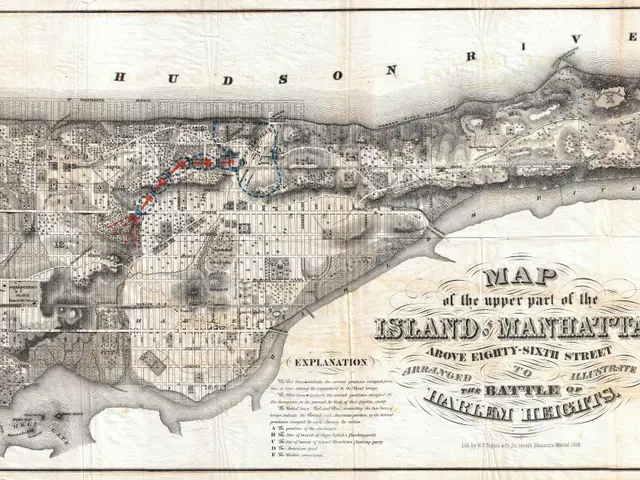Title: TikTok Faces Ongoing Challenges Over Child Safety Concerns
A judge in Indiana's Allen County Superior Court dismissed a lawsuit against TikTok, citing lack of personal jurisdiction and arguing that the app's free download does not constitute a "consumer transaction" under Indiana law. This decision marks the first major legal action against a social media platform by the state, with similar lawsuits pending in Arkansas and Utah.
Indiana's Attorney General Todd Rokita criticized the ruling, expressing disagreement and exploring potential appeal options. He referred to TikTok as a "malicious and sinister threat," targeting unsuspecting consumers in Indiana, aware of the harm it inflicts on its users. TikTok did not immediately respond to a request for comment.
The lawsuit alleged that TikTok lured young people under the guise of safety and then exposed them to inappropriate content, such as drug and alcohol misuse, nudity, and obscenity. Furthermore, the complaint claimed that TikTok deceived consumers by collecting sensitive data and personal information, which it claimed was protected by the Chinese government and the Communist Party.
Indiana, alongside numerous other states, continues to explore legal options against TikTok due to child safety concerns. The task of safeguarding digital well-being for young users is a growing challenge in the tech industry that requires collaboration among multiple states.
The Broader Context
Concerns about TikTok's impact on youth mental health and privacy have escalated in recent times. A year ago, Indiana, along with dozens of other states, filed a lawsuit against Meta's Instagram, citing worries about functionality addictions and potential harm to young users' psychological well-being.
The heightened concern follows the release of internal Facebook documents by whistleblower Frances Haugen, revealing that the company was aware of its products' potential negative effects on young people's mental health.
The legal landscape for TikTok is complex, with state-level initiatives constituting the primary driver of legal actions. Over 30 states have banned TikTok from state-issued devices due to security and privacy concerns, including Alabama, Georgia, Idaho, New Hampshire, North Dakota, Utah, Texas, Maryland, Montana, South Dakota, South Carolina, Nebraska, Iowa, Oklahoma, Tennessee, and Virginia.
Furthermore, the Massachusetts Attorney General's office has disclosed internal TikTok documents as part of its lawsuit, which alleges that TikTok designed its platform to maximize children's engagement while minimizing associated risks. The complaint highlights strategic choices made by TikTok to keep young users engaged, prioritizing their time on the app over essential activities.
The federal court upheld a law banning TikTok unless it is sold by its China-based parent company, ByteDance, primarily due to national security concerns rather than child safety issues specifically. However, this ban does impact the app's availability and functionality in the US.
Congressional efforts to address concerns about TikTok include legislation advancing in the House that would give the President the power to ban TikTok from all devices across the country. This move is part of a broader effort to tackle data privacy and potential foreign influence.
Though there is no specific mention of a legal setback in Indiana, the overall trend underscores that multiple states and the federal government are taking steps to address concerns related to TikTok's impact on children and national security.








